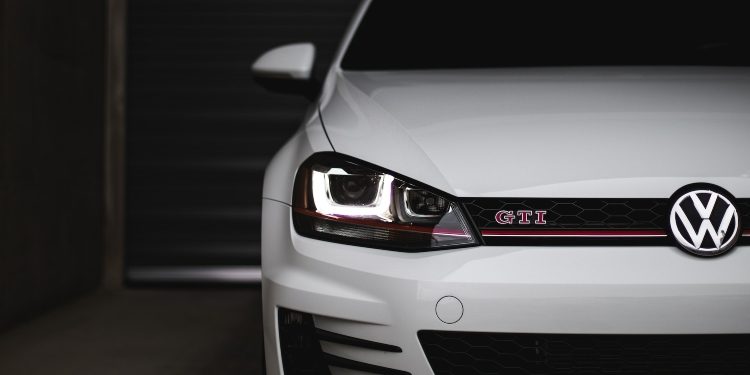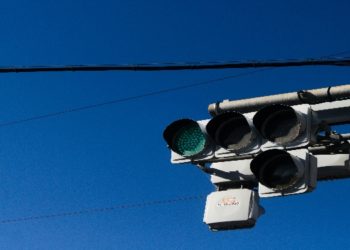After the Volkswagen (VW) scandal broke out in 2015, it became known as “Dieselgate” – one of the most significant auto-industry scandals globally. As a consequence of the scandal, VW was forced to pay billions of dollars in penalties and diesel compensation claims, and many other car manufacturers also had to confront regulatory scrutiny and the unethical practices of the auto industry.
A recent report by the International Council on Clean Transportation (ICCT) shows that the number of Dieselgate cars still on our roads today is in the millions. The report reveals that some cars’ emissions far exceed legal limits, and little has been done to mitigate the problem. The report states that VW cars have been affected and cars from other manufacturers, including BMW, Daimler, Fiat Chrysler, and Renault.
The Scale of the Problem
Despite the widespread attention to the scandal and the punitive measures taken against several car manufacturers, the new report suggests that millions of diesel vehicles still have illegal emissions-cheating devices installed. The report found that as many as 19 million diesel cars in Europe could still be emitting excessive pollution levels when driven on the road.
The report considered a range of test data, including government testing, independent measurements from equipment attached to exhausts, and roadside measurements of real-world vehicle emissions. This test measures a car’s emissions when driven on the road rather than in a laboratory setting, where automakers can manipulate the system to achieve favourable results. In particular, the roadside measurements, which encompassed 700,000 observations across five European countries, revealed that approximately 75% of diesel engine types surpassed the “extreme” emission threshold.
Most national regulators made the tests much more stringent after the scandal, and some countries even banned some older models from their roads. However, most people are unaware of the issue, and as a result, these cars that aren’t emissions-compliant continue to operate on our roads daily.
What Is a Defeat Device?
A defeat device is a piece of software or hardware specifically designed to cheat emissions tests. In the case of Volkswagen, the defeat device was software that could detect when the car was being tested for emissions. When it was in this mode, the engine would temporarily reduce its emissions, making it appear as though the car was emitting fewer pollutants than it was.
Consequences of High NOx Emissions
High NOx emissions are harmful to both the environment and human health. Nitrogen oxides (NOx) are a significant contributor to air pollution, which has been linked to a range of health issues, including asthma, chronic obstructive pulmonary disease (COPD), and lung cancer. Air pollution accounts for a significant portion of the 300,000 premature deaths in Europe each year.
What Needs to Be Done?
The ICCT report suggests that car manufacturers cannot be trusted to resolve this issue independently. The report recommends that regulators, including the EU and individual nations, investigate the problem further and ensure that the manufacturers are held accountable for diesel claims fixing the emissions of all affected vehicles. To file one, you may visit Emissions.co.uk for an in-depth guide on the process. The report also calls for regulators to impose financial penalties on those manufacturers that fail to comply with emission regulations.
Additionally, the report suggests that policymakers should consider a ban on selling all cars that do not meet the latest stringent emission standards. These standards include nitrogen oxides (NOx), carbon dioxide (CO2), and other pollutants that harm the environment and human health.
The Future of the Car Industry
The Dieselgate scandal has brought the issue of emissions and air pollution to the forefront of public consciousness and has profoundly impacted the car industry. In recent years, there has been a surge in the popularity of electric and hybrid cars as consumers look for alternatives to traditional diesel and petrol engines.
The car industry also faces increased pressure from governments and international bodies to reduce emissions and adopt cleaner technologies. In the UK, for example, the government has pledged to ban the sale of new petrol and diesel cars by 2030, and the EU has set ambitious targets for reducing emissions from cars and trucks.
Conclusion
While the VW Dieselgate scandal may have faded from our memories, the consequences of this still resonate on our roads today. Despite regulatory changes and software updates, the ICCT’s recent report highlights how millions of high-emitting vehicles still operate on our roads. The report’s findings emphasise the need for more comprehensive changes in the regulatory bodies’ approach to the auto industry.
We must find better ways to hold car manufacturers responsible for their actions and ensure they make the necessary changes to lower their vehicles’ emissions. Otherwise, the emissions from these high-emitting cars will continue harming the environment and human health. It is time to act, and we can no longer afford to delay.
David Prior
David Prior is the editor of Today News, responsible for the overall editorial strategy. He is an NCTJ-qualified journalist with over 20 years’ experience, and is also editor of the award-winning hyperlocal news title Altrincham Today. His LinkedIn profile is here.












































































